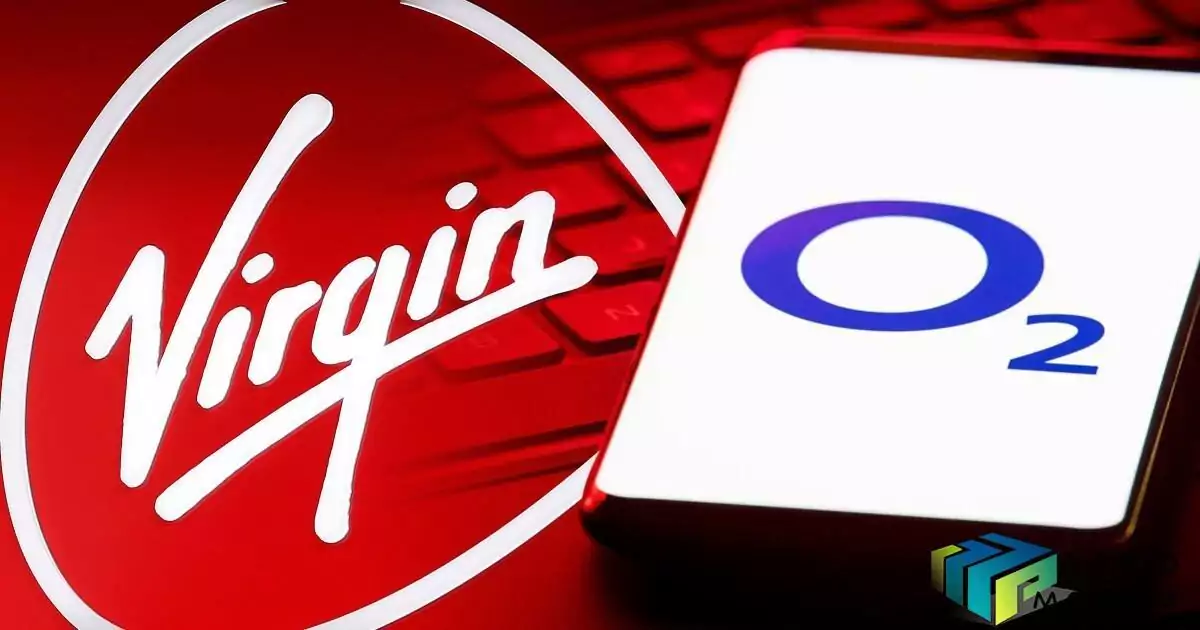The £31 billion merger between Virgin Media and O2 has been provisionally cleared by the Competition and Markets Authority (CMA), after it found the deal was unlikely to lead to reduced competition or higher prices for wholesale mobile services.
U.S. tycoon John Malone’s cable group Liberty Global and Spain’s Telefónica, the respective owners of Virgin Media and O2, agreed a deal in May 2020 to combine their U.K. operations in a 50-50 joint venture.
The deal, which brings together O2’s 34 million mobile network customers with Virgin’s 5.3 million broadband, pay-TV and mobile users, will create a national champion to challenge the country’s current top operator, BT Group.
The CMA fast-tracked an in-depth investigation into the deal in December to look at whether the tie-up could result in higher price rises for consumers or a drop in service quality.
Companies like Sky, which is owned by Comcast, use mobile networks such as O2’s to run separately branded mobile services, while Vodafone leases lines from Virgin Media to support its network.
Both Sky and Vodafone had raised objections to the deal.
The CMA was clear at the outset of its in-depth inquiry that it was not concerned about overlapping retail services such as mobile, due to the small size of Virgin Mobile. It therefore focused on whether the merger could lead to reduced competition in wholesale services as part of this review.
Martin Coleman, the chair of the CMA’s inquiry panel into the merger, said:
Given the impact this deal could have in the UK, we needed to scrutinise this merger closely.
A thorough analysis of the evidence gathered during our phase 2 investigation has shown that the deal is unlikely to lead to higher prices or a reduced quality of mobile services –
The CMA said there is enough competition for wholesale deals from rivals, such as from BT, and its Openreach subsidiary, as well as smaller players, to require Virgin and O2 to keep providing fair deals.
Having examined the evidence, the CMA inquiry group has now provisionally concluded that the deal is unlikely to lead to any substantial lessening of competition in relation to the supply of wholesale services for several reasons:
- Backhaul costs are only a relatively small element of rival mobile companies’ overall costs, so it is unlikely that Virgin would be able to raise backhaul costs in a way that would lead to higher charges for consumers.
- There are other players in the market offering the same leased-line services, including BT Openreach – which has a much greater geographical reach than Virgin – and other smaller providers. This means the merged company will still need to maintain the competitiveness of its service or risk losing wholesale custom.
- As with leased-line services, there are a number of other companies that provide mobile networks for telecoms firms to use, meaning O2 will need to keep its service competitive with its wholesale rivals in order to maintain this business.
Responding to the CMA’s ruling in a joint statement, Liberty Global and Telefónica, said:
“Liberty Global and Telefónica note the CMA’s publication of its provisional findings as part of its review into the proposed merger of their UK businesses,”
“We continue to work constructively with the CMA to achieve a positive outcome and continue to expect closing around the middle of this year.”
The deal values Virgin Media at £18.7bn and O2 at £12.7bn.
Last week, the two companies named Virgin Media’s head Lutz Schüler as chief executive of the new joint venture, while Patricia Cobian, chief financial officer of O2, will take up the same position in the merged company.



